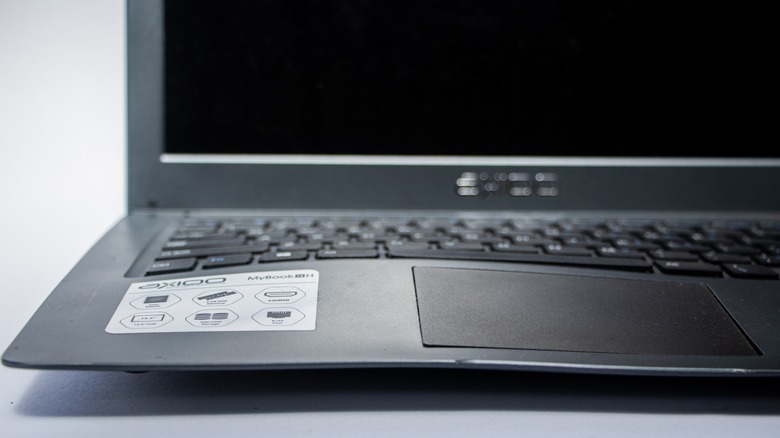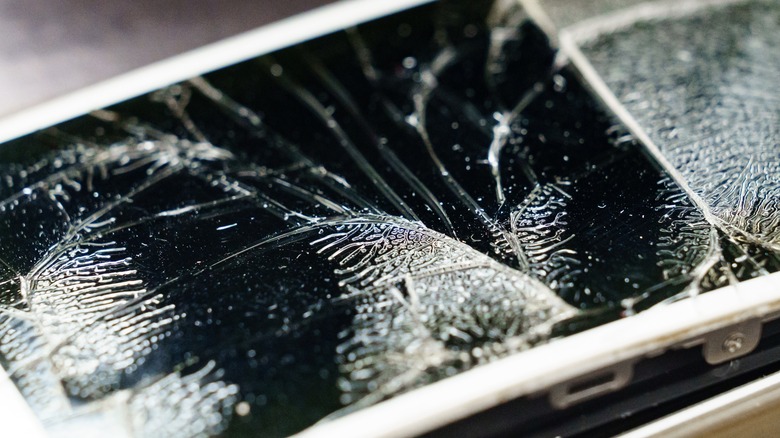Swollen Batteries: Will They Explode, And How Should You Dispose Of Them?
We may receive a commission on purchases made from links.
Over the last two decades or so, there's been a significant shift in the way that battery-powered devices are rolled out. These days, it's rare for anything particularly substantial, like handheld game consoles, to require traditional disposable batteries the way that they did in the past. Those batteries tend to be the domain of remote controls for TVs and other home theater components, plus inexpensive electric shaves and similar lower power products. Anything requiring significant power, like smartphones or handheld game consoles, uses rechargeable lithium-ion batteries, usually in a proprietary format and often without officially being user-serviceable.
As you may have noticed from the warnings on the box any time you get a package containing a device with a lithium-ion battery, though, they're pretty delicate. Temperature fluctuations can be a significant problem, for one. Although the widespread adoption of USB Type-C as a charging standard in the computing space and beyond has eliminated a lot of the concerns about which chargers are suitable, the batteries can be still overcharged. Thankfully, this is now unlikely because most devices have anti-overcharging protection circuits.
Improper handling of these types can cause the battery to visibly swell, with the potential effect ranging from subtle to the battery looking like it's been inflated with a tire pump. Understandably, this can be a worrisome situation given all of the disclaimers we face about lithium-ion batteries, so let's take a look at how dangerous it is and how to deal with it.
Yes, they can explode
Batteries swell when excess current causes a buildup of gas and heat. If a swollen battery is punctured, it can cause an explosion. If you have a swollen battery, you need to turn it off as soon as possible. It should also be unplugged from any external power source. It doesn't matter if the device is still functional, as its effectively a ticking time bomb.
If you're handling the battery disposal, you need to carefully put the swollen battery in a specialized lithium-ion fire and smoke containment bag if you have one, or a container in a cool, dry place outdoors, far removed from batteries and other flammable or combustible objects. Do not put the battery in your regular trash — it must be taken somewhere that can recycle batteries.
Keep in mind that it's possible to spot a swollen battery in a fully intact, unopened device, as well. Perhaps your phone's touchscreen is starting to take on a more rounded texture, or there are unexplained cracks on a phone that had not otherwise suffered any physical damage. If this happens, immediately turn off the device and get it to a professional. The swollen battery can't be repaired, just carefully removed and replaced. If you're working on the removal of a swollen battery yourself, then you need to have a foam-based fire extinguisher at the ready. Still, it should be a job for professionals.

